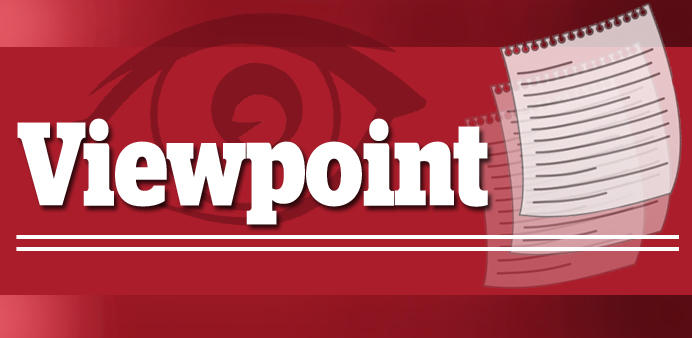The victory of opposition candidate Muhammadu Buhari in Nigeria’s presidential election could mark a turning point towards genuine democracy for the country, improving the image and moral standing of Africa’s troubled giant.
The defeat of President Goodluck Jonathan, whose People’s Democratic Party (PDP) has run Africa’s most populous nation since it returned to civilian rule in 1999, was the first time a Nigerian head of state lost power to an opposition challenger through the ballot box.
Nigeria accounts for about one in six Africans and a fifth of African GDP, giving it huge potential influence on the continent and beyond, but instead for decades it has been struggling with an image associated with corruption and chaos.
It ranks 136th out of 174 on Transparency International’s index of perceived corruption, a problem that cannot be turned around overnight, even by the austere Buhari.
Nevertheless, a transfer of power from one political party to another, achieved through voting rather than violence, is a marked improvement on previous elections since 1999.
While the challenge in turning Nigeria around is as daunting as ever, it would be a positive outcome if the ruling class no longer felt it could stay in power regardless of performance.
Therein lies the challenge for Buhari, whose democratic credentials have yet to be fully tested. Buhari first wrote his name in Nigerian history when, as a general, he ousted a civilian government in a 1983 coup. He was deposed two years later by another general.
He faces major problems, not least the Boko Haram insurgency in the north of the country and the risk of unrest flaring up in the oil-producing Niger Delta when Jonathan, a son of the Delta, is no longer in power.
There is also the issue of Nigeria’s finances, which have been badly hurt by a dramatic fall in global oil prices.
Buhari has already promised to co-operate with Jonathan to ensure a smooth transition and called on citizens to avoid post-election violence.
Buhari, who defeated Jonathan by a margin of 2.6mn votes, has described his victory as “historic” .
“Our country has now joined the community of nations that have used the ballot box to peacefully change an incumbent president in a free and fair election,” he said yesterday. “Change has come. A new day and a new Nigeria are upon us.”
Buhari has also tried to calm fears of post-election violence, saying that “this is not the time for confrontation” and urging Nigerians to remain “law-abiding and peaceful”.
Jonathan earlier said he had kept his promise to stage free and fair elections.
All these show the signs of a positive change in Nigeria.
UN Secretary General Ban Ki-moon has congratulated Jonathan for “his statesmanship in upholding the democratic process” and said “the successful conduct of these polls is a testament to the maturity of Nigeria’s democracy”.
African Union chairwoman Nkosazana Dlamini Zuma has expressed “satisfaction” at the announcement of the election results and “appreciation to President Goodluck Jonathan for graciously accepting the results”.

